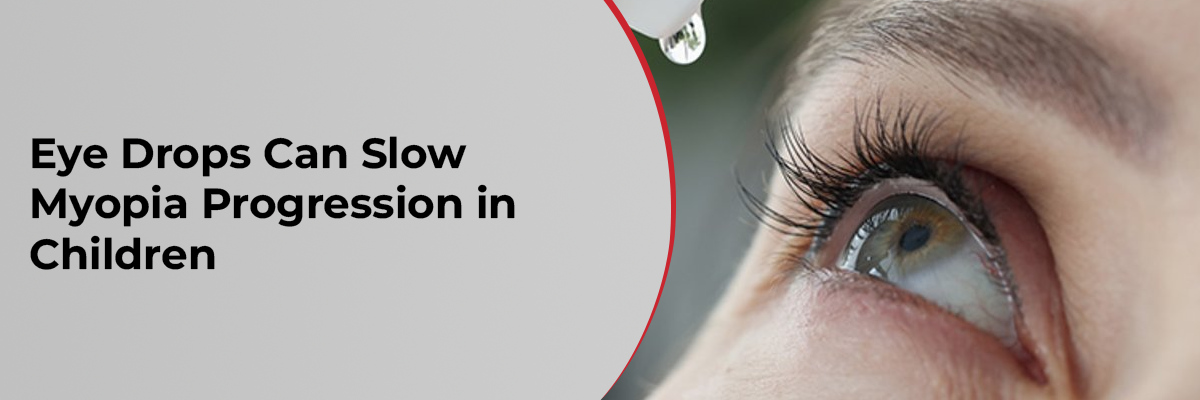
 IJCP Editorial Team
IJCP Editorial Team
Eye Drops Can Slow Myopia Progression in Children
Findings of a recent clinical trial showed that a daily drop of a low dose of atropine in each eye is better than a placebo at limiting eyeglass power changes. This marks the first promising medication therapy to reduce the onset of nearsightedness in the pediatric population.
This three-year study found that a daily drop of low-dose atropine – a drug used to dilate pupils, in each eye was better than a placebo at limiting eyeglass prescription changes and inhibiting elongation of the eye in nearsighted children aged 6-10.
Myopia is characterized by elongation in the axial ocular length, which starts in young kids and tends to worsen by the time they attain teenage – before leveling off in most individuals. In addition to requiring life-long vision correction, nearsightedness increases the risk for retinal detachment, macular degeneration, cataract, and glaucoma later in life. Existing management modalities are only corrective and barely offer a remedy to curb myopia progression.
This ground-breaking treatment can aid in preventing visual impairment risk among myopic individuals. In later life
The results of the CHAMP (Childhood Atropine for Myopia Progression) trial are published on the 1st of June in JAMA Ophthalmology.

IJCP Editorial Team
Comprising seasoned professionals and experts from the medical field, the IJCP editorial team is dedicated to delivering timely and accurate content and thriving to provide attention-grabbing information for the readers. What sets them apart are their diverse expertise, spanning academia, research, and clinical practice, and their dedication to upholding the highest standards of quality and integrity. With a wealth of experience and a commitment to excellence, the IJCP editorial team strives to provide valuable perspectives, the latest trends, and in-depth analyses across various medical domains, all in a way that keeps you interested and engaged.









.jpg)










Please login to comment on this article